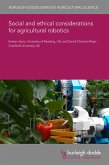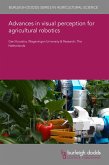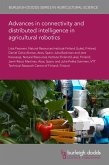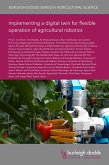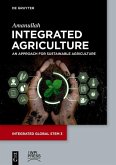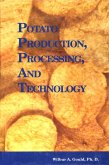The technical and economic feasibility of agricultural robotics has been demonstrated, and technology is in the pipeline to make robotics ubiquitous on farms worldwide. The analysis of the benefits of agricultural robotics usually starts with reducing labour costs and coping with labour availability issues, but it quickly moves on to other benefits, including improved efficiency on small- and medium-sized farms, greater accuracy of input application, improved quality of products, reduced soil compaction with small swarm robots, profitable farming for small and irregularly shaped fields and automating the collection of crop and livestock data. The robotics technology has also the potential to create higher-skilled, better-paid employment in rural areas (e.g. supervising robots, maintenance and repair) and entrepreneurial opportunities. Realization of the potential benefits of agricultural robotics would require better digital infrastructure in rural areas, appropriate legal and regulatory frameworks, facilitating digital entrepreneurship, retraining workers, revising technical educational curricula, attention to data security, and policies that enhance the public-goods benefits of robotic agriculture.
Dieser Download kann aus rechtlichen Gründen nur mit Rechnungsadresse in A, D ausgeliefert werden.



